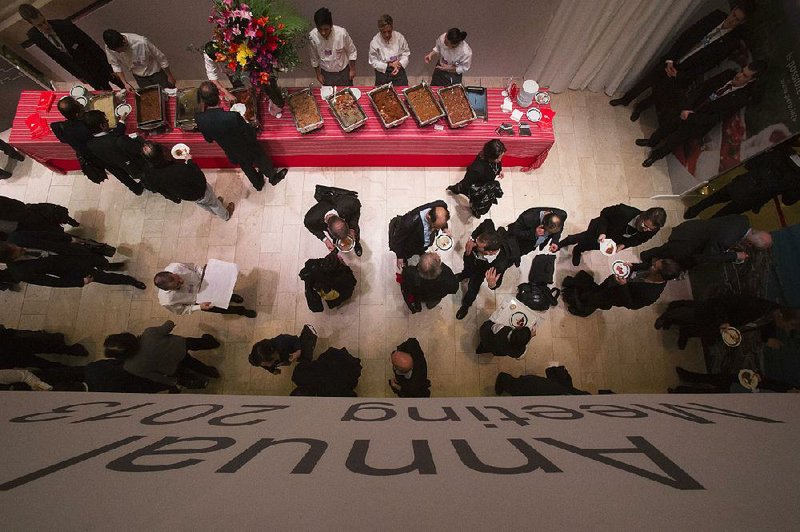DAVOS, Switzerland — Leading bankers at the World Economic Forum in Davos, Switzerland, were on the defensive Wednesday amid demands to regulate their industry more closely after the financial crisis that battered the global economy.
The financial crisis, which began in 2007, started when banks effectively admitted they didn’t have a full understanding of many of the investments they had been making.Notably, they took heavy losses in the U.S. on complex investments based on mortgages to borrowers with shaky credit.
“We’re doing the right thing,” said Jamie Dimon, chairman and chief executive officer of JP Morgan Chase & Co.
Dimon, who last week took a 50 percent cut in pay for last year after a multi-billion dollar trading loss in London, stressed the key role of banks in making the economy work, and insisted many of the bad practices of the past were being phased out.
Regulators, he said, were “trying to do too much, too fast.”
Banks have spent much of the past few years shoring up their finances - and that’s made it difficult for many people to get loans. Given its importance to the global economy, many changes have been called for to make them work better for society as a whole. One solution being espoused around the world is to siphon off risky trading activities from traditional banking activities such as taking deposits and ranting loans.
Though the world economy is growing after its deepest recession since World War II, the fallout from the crisis remains. A United Nations body said Tuesday that the number of unemployed around the world will rise to a record 202 million this year, while many countries, particularly in Europe, struggle to post any growth at all.
Dimon said banks were getting overly bad media coverage and that there was “huge misinformation” out there about what they are doing to get things right.
For example, he said banks had “twice as much capital as before” to pad against losses and that JP Morgan had helped clients raise money for socially important projects in schools and hospitals.
Axel Weber, a former central banker and current chairman of Swiss-based bank UBS, acknowledged the “excesses” of the past but said it was pointless to debate breaking up banks.
“Where does the financial sector start or stop?” he asked. “It’s so intricately linked that we shouldn’t throw out the baby with the bathwater. ... We all provide valuable social functions.”
Both spoke in Davos at the annual gathering of more than 2,500 corporate and political leaders.
Among those questioning the bankers’ assertion that the financial sector is doing fine and doing its job was Min Zhu, deputy managing director of the International Monetary Fund.
“The financial sector is too big,” he said. “The products are too complicated. Transparency is not there. In this sense, I say the financial sector still has a long way to go.”
Business, Pages 27 on 01/24/2013
